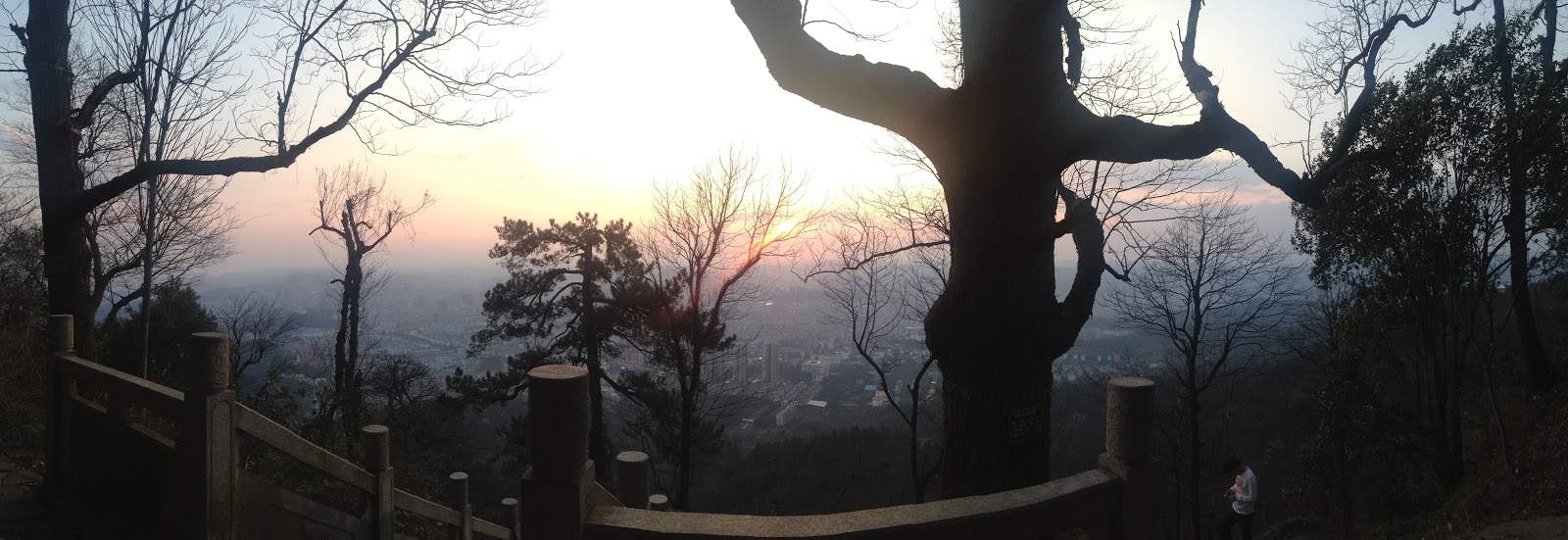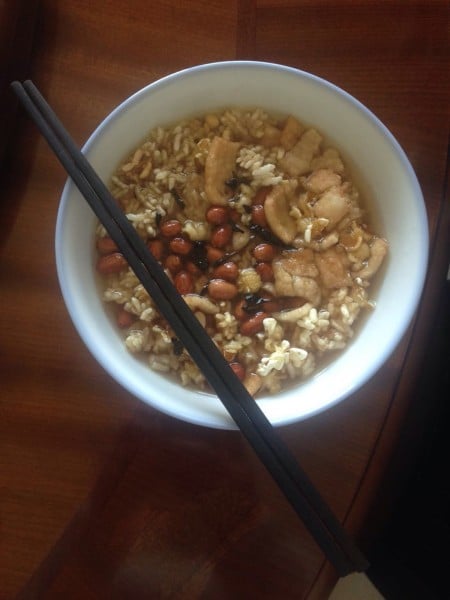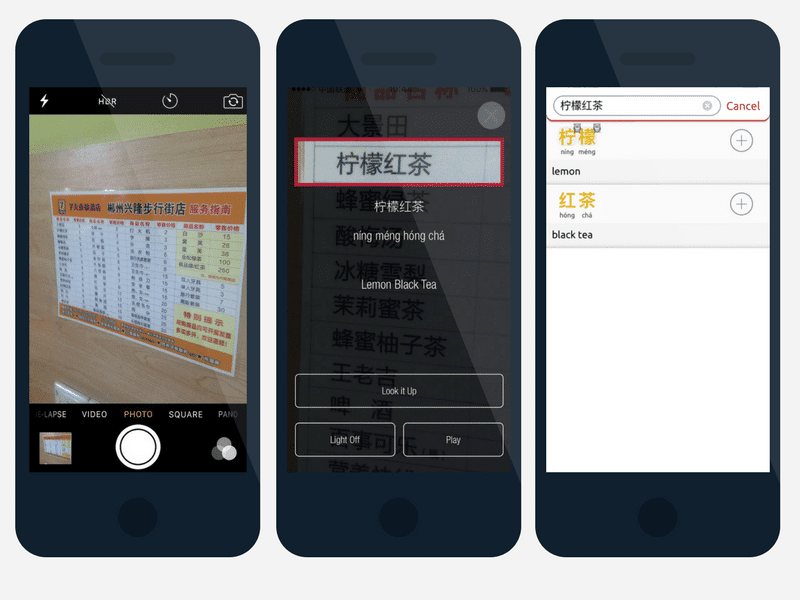It will only take [est_time] to read this post!
I understand that for some students of Chinese, visiting China and spending time with a Chinese family may not be possible. But I’m hoping to convince those of you out there who have considered coming to China, whether to travel, work or just have some fun, to also think about spending time with a Chinese family while you’re in China. If the opportunity arises, take it, and enjoy the company, food and traditions of another family, who will treat you as one of their own.
Although my story takes place at Chinese New Year, I think my 6 reasons are relevant for anyone who ends up in China at any time of the year. Even if you have Chinese friends in your own country, chances are their family will still follow some Chinese traditions, including cooking delicious food!
I had been in China for 5 years in 2016, the Year of the Monkey 猴年 (hóu nián) and I decided not to go home or go travelling, but to spend 3 days in Hunan 湖南 (hú nán) with my husband, and our friend, 佘潇滨 (shé xiāo bīn) (also known as Tom) and his family.
During my time in China, I’ve tried to learn about Chinese culture, but I was a little nervous about visiting them and knowing how to act. As it turns out, there was no need to be worried, Tom’s family welcomed us with open arms, homemade jiu and amazing Chinese dishes!

Tom and his family are from Chenzhou 郴州 (chen zhōu), a city in the province of Hunan. Chenzhou is known for mining, and many of Tom’s family’s friends, including Tom’s father, worked for the mining company for many years. It is also known locally as the ‘backyard of Hong Kong’, due to its many visitors from Hong Kong during the summer months.
The character 郴 combines the pictographic 林, meaning forest, and 阝meaning city. 州 is the character used to determine ‘state’, such as 广州 and 杭州.
1. Trying Local Chinese Food
Probably one of the best things about visiting a Chinese family, is getting to try the local food and homegrown fruits and vegetables. On our first evening with Tom’s family, we sat together with several generations of family, including Tom’s grandparents and young cousins. One of the dishes that they wanted us to eat a lot of was food local to the area was tofu stuffed with rice and meat 酿豆腐 (niàng dòu fu). My other half impressed Tom’s family with the quantity of 辣椒 (là jiāo) that he was able to consume with his stuffed tofu! Chilli peppers were added to every dish, resulting in tears and runny noses! Tom told us that one of the dishes 梅菜扣肉 (méi cài kòu ròu), a fatty meat a little bit like belly pork, is a dish traditionally only eaten at Chinese New Year. In the past, when meat was lacking, the meat would be a treat for the family.
After our meal, we were offered homegrown tangerines 橘子 (jú zi) and a crispy snack that was a perfect accompaniment to the homemade ‘jiu’ made from waxberries, named 杨梅酒 (yáng méi jiǔ).

One of my favourite dishes was a breakfast that Tom referred to as ‘Chenzhou popcorn’, but its Chinese name is 炒米 (chǎo mǐ). We ate popcorn in a soup made from tea topped with peanuts (and chilli if you wanted). It was like a more delicious and savoury version of Rice Krispies! 😀
2. Try Some Homemade ‘wine’
Drinking homemade alcohol with a family is a great honour, and most families drink their own alcohol during Chinese New Year, as shop bought wine isn’t as special. Although many foreigners aren’t used to drinking Chinese wine such as 白酒 (bái jiǔ), it’s customary to cheers with different members of the family, and maybe even 干杯 (gān bēi)! Apparently, Tom’s grandfather had brewed around 300 jars of his ‘jiu’, and I suspect we drank quite a large proportion of that on the first evening! We also tried another homemade spirit made from rice, known as 米酒 (mǐ jiǔ), which was sweet and extremely easy to drink.
3. Learn Local Traditions and Culture

One of my favourite things about the trip was learning more about Chinese traditions and culture. Even in my 5 years of being in China, some of the traditions I learned about were completely new to me, and because I was experiencing them first hand, made them even more special for me.
During Chinese New Year, it’s customary for a child to return to their hometown, which is why a city even as large as Shenzhen becomes a ghost town. Although this has its plus points, no pushing on the metro or noisy neighbours, there are few traditions in the city. Although there were some fireworks in Shenzhen, firecrackers 鞭炮 (biān pào) were more common in Chenzhou. Inside the crackers (known as 开门炮 (kāi mén pào)) in Hunan are red pieces of paper to 接年 (jiē nián), that cover the streets and hallways and cannot be swept up until the 3rd day of the Chinese New Year. The idea is that the dirty and rubbish produced during the holidays should be kept for luck or a ‘goldmine’ 聚宝 (jù bǎo) for the future. The tradition in Hunan is to clean the home on the 28th day of the last month of the lunar calendar, 二十八 (èr shí bā) and is known as 洗邋遢 (xǐ lā ta). The same goes for washing hair and cutting hair. Tom’s female cousins were desperate to wash their hair by the 3rd day!
4. Meeting Family Members, Friends and Locals
Traditionally, the first three days of Chinese New Year should be spent with the family (we were allowed to sneak in and masquerade as family members 🙂 ). After the three days after over, it’s time to meet up with friends and part-ay! This is a great chance to meet, greet and learn even more about the local area, traditions and Chinese culture. From my experience, and this is not just from my time in Chenzhou, if you show interest in Chinese culture, people are usually very enthusiastic to tell you as much as you want to know! Of course, with this comes tea! Tom’s father was extremely proud of his 普洱茶 (pǔ ěr chá) pu’er tea, and was happy to share it, and the culture of tea with us. On our second day, we spent time with Tom’s friends. They had all grown up together and had known each other since primary school. They too answered lots of our questions about their own lives in China, their jobs and also told some embarrassing stories.
5. Practice your Chinese!
This is probably the most important reason why you should spend time with a Chinese family. Even if your spoken Chinese is basic, your Chinese family will do their best to communicate with you, as you will do with them. There’s no need to be embarrassed! Many Chinese people are often pleased when foreigners speak even a little bit of Chinese and will be happy simply if you try your best.
If you happen to be in a smaller city where there is little to no English this is a great time to make use of our OCR tool in the Written Chinese dictionary app for iOS. If you haven’t come across the tool before, it scans Chinese characters and translates them on instantly. It’s perfect for menus and a great tool to have if you’re learning to read Chinese. I myself had some fun in our hotel sussing out the ‘room service’ menu 😀
6. Play some Chinese Games
This combines reasons 3, 4 and 5 because you’re definitely going to have to practice your Chinese, you’ll be with other people and you’ll probably learn something cultural along the way. One of the most popular games to play in Chinese culture is Mahjong 麻将 (má jiàng). The Mahjong pieces look like dominoes in appearance but have a range of images that are similar to a pack of cards.Once you’ve watched a few rounds you’ll probably get the hang of it and be able to join in. Cards games might also be played before or after dinner. When we spent the day with Tom’s friends, we even indulged in Chinese drinking games, minus the drink! They often consist of a scenario where the loser has to perform some kind of dare. If you can’t think of your own dare, there’s even an app for that!
I hope that my story might inspire you to spend some time with a Chinese family if you have the opportunity to. If you have any stories of your own, questions or any comments about my time in Chenzhou, please leave them in the comment section below!





